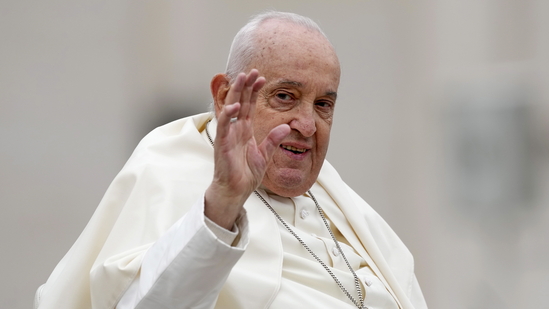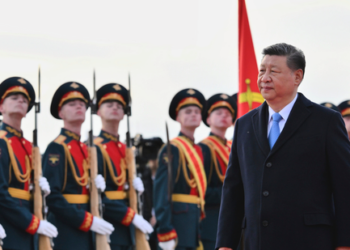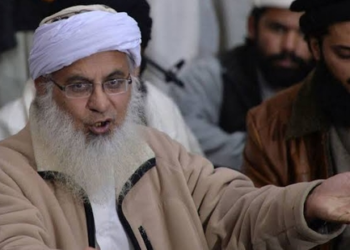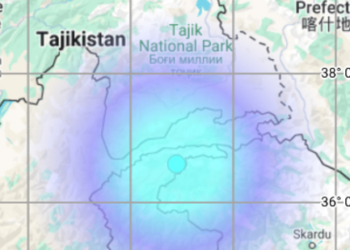Pope Francis, the first Latin American pontiff in the history of the Catholic Church, passed away on Monday, April 21, 2025, at the age of 88. Known for his humility, warmth, and steadfast dedication to social justice, his papacy reshaped the global image of the Church.
Born Jorge Mario Bergoglio in Buenos Aires in 1936, he became the first Jesuit pope and the first to adopt the name of St. Francis of Assisi—symbolizing his vision for a humble, service-driven Church. Elected in 2013 after the unexpected resignation of Pope Benedict XVI, Francis brought a deeply pastoral tone to the papacy that resonated with both believers and non-believers alike.
Shortly after his death was announced by Cardinal Kevin Farrell, bells rang out from churches across Rome. The somber declaration was made from the Domus Santa Marta chapel, where Pope Francis resided during his tenure.
Often referred to as “the pope of the slums,” Francis was renowned for his tireless outreach to the poor and marginalized. He routinely visited impoverished neighborhoods and refugee camps, championing the Church as a sanctuary for the vulnerable. His phrase, “Who am I to judge?” became symbolic of his inclusive stance, particularly towards LGBTQ Catholics and divorced individuals seeking acceptance.
Francis also took bold steps to reform Vatican finances, promote environmental stewardship, and modernize the Church’s approach to global issues. His encyclical Laudato Si’, calling for urgent action on climate change, was widely praised for aligning faith with ecological responsibility. Yet his progressive views also drew criticism from conservative circles within the Church.
After leading the Church for over a decade and struggling with chronic health issues in recent years, Pope Francis’s passing marks the end of an era defined by courage, compassion, and conviction. His legacy as a pope of the people—especially the poor—will endure in the hearts of millions around the world.








 India
India












